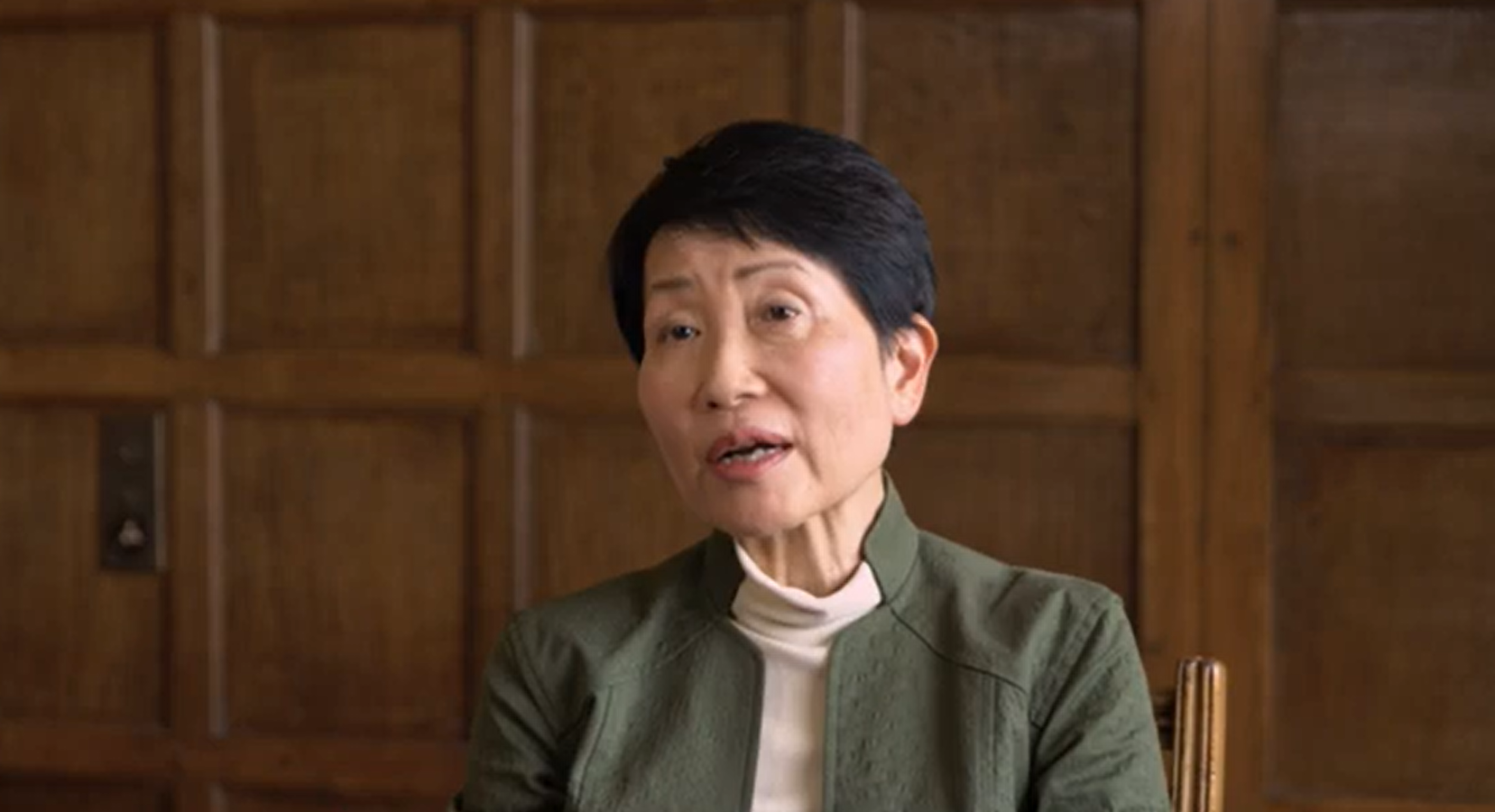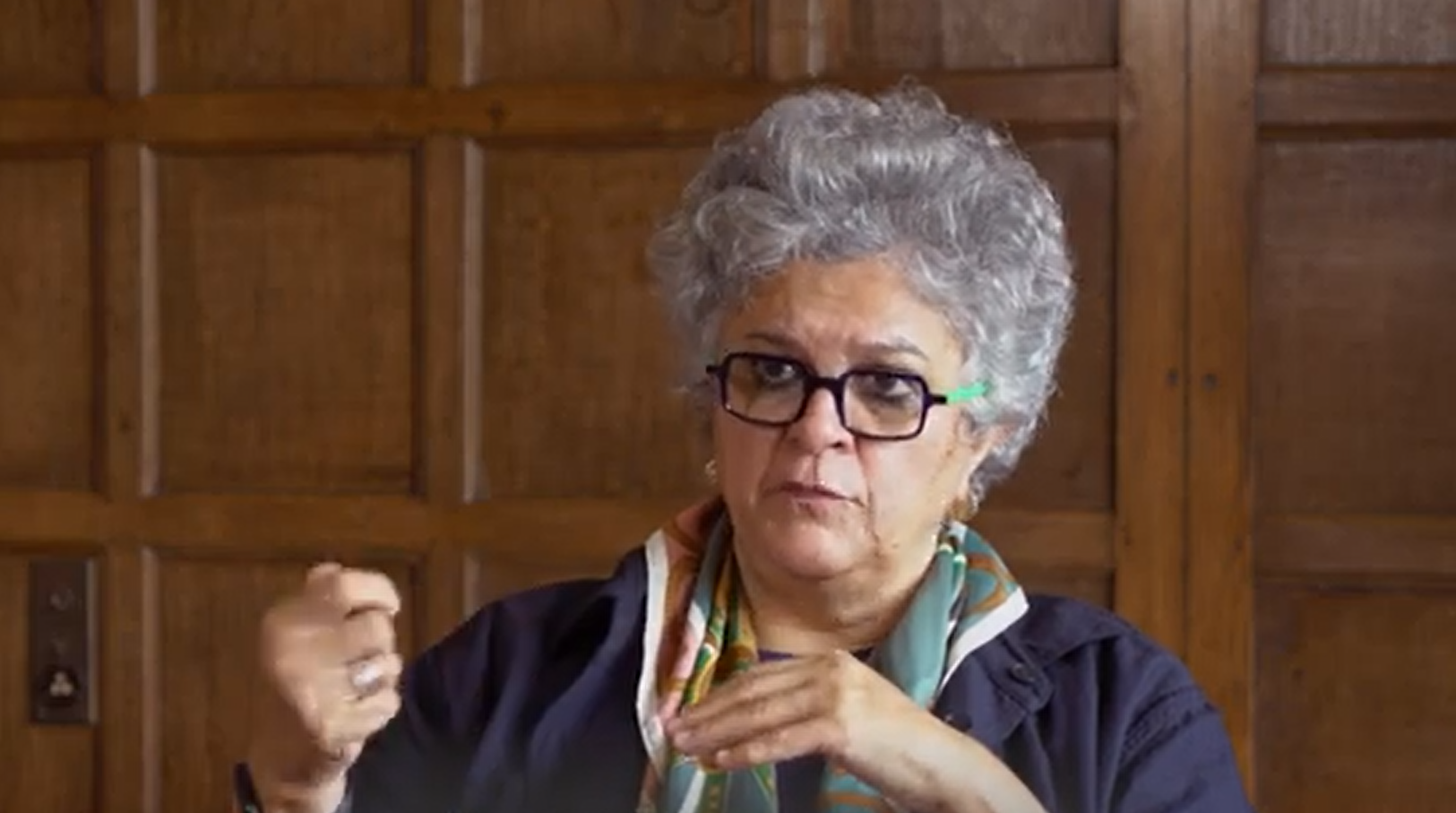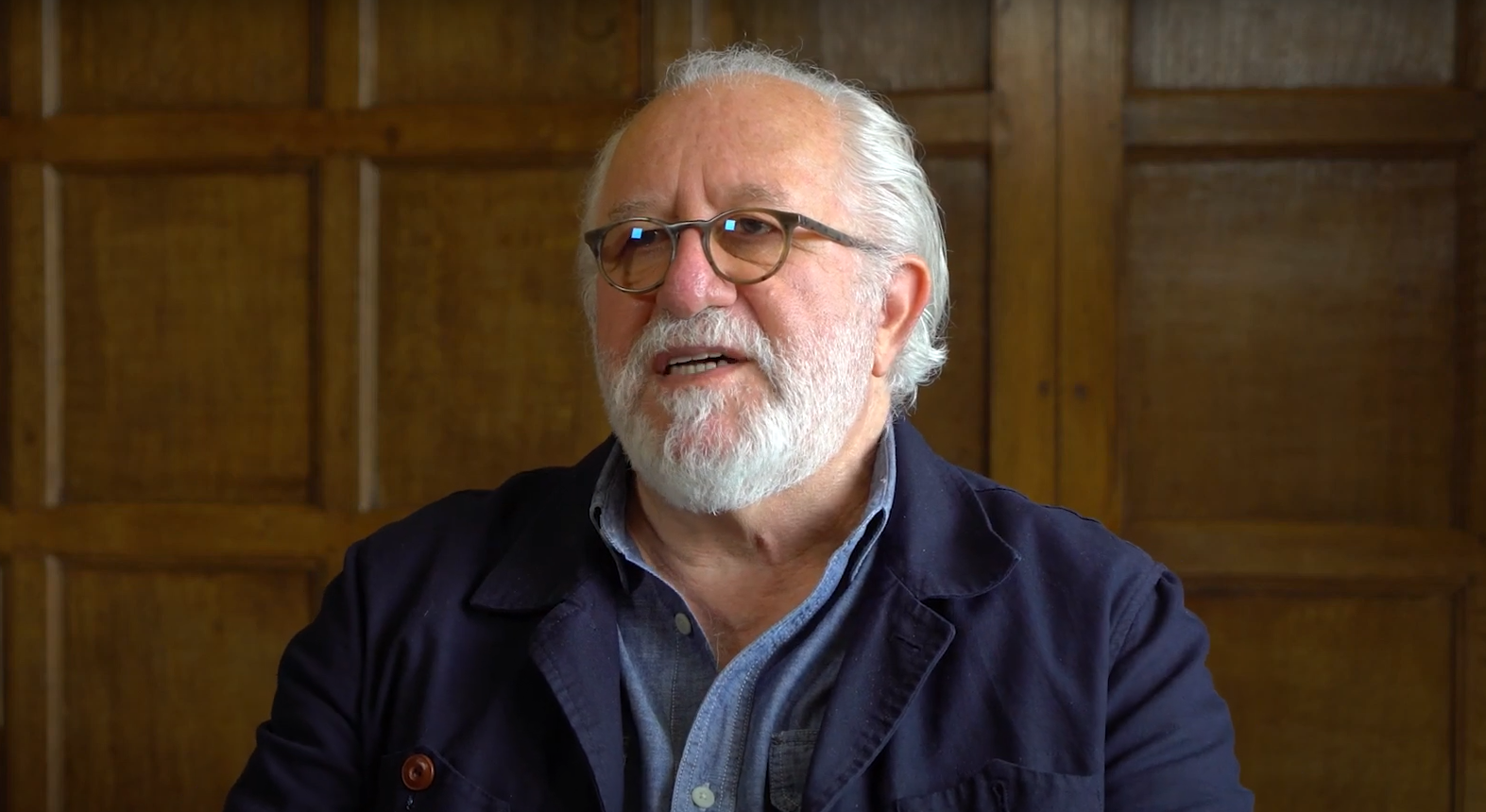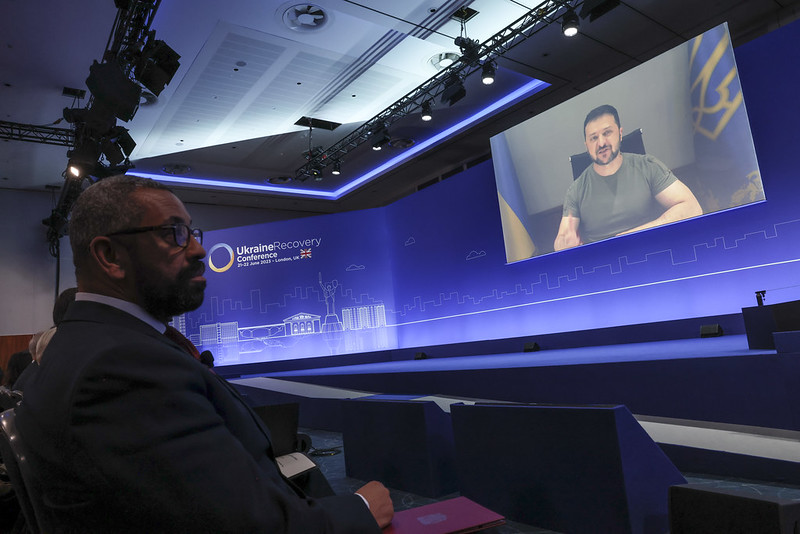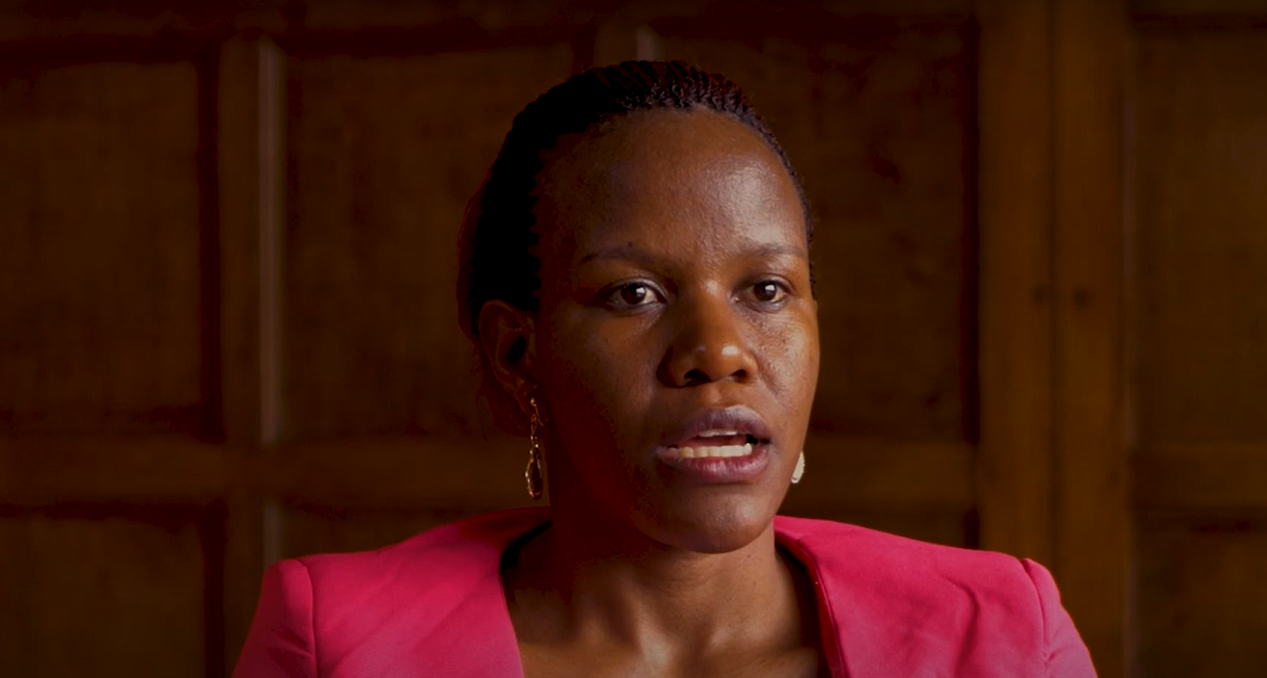Coal-fired power generation has come under increasing criticism since the Paris Agreement in 2015, when 195 countries agreed to limit the increase in global average temperature to 1.5 degrees Celsius above pre-industrial levels. The particular emphasis on coal comes as a result of its high carbon intensity which makes it the single largest contributor to climate change; according to the International Energy Agency (IEA), 41% of electricity generation globally was from coal in 2014.
Structural trends in technology and energy markets are enabling the phase out of coal power generation, particularly among OECD member states. Similarly, recent reductions in the cost of renewable energy production make it an increasingly viable alternative to coal in emerging economies.
International collaboration can consolidate and accelerate these twin trends, and put the world closer to the goals of the Paris Agreement. The phase out of coal-fired power generation and the transition to clean energy offers multiple benefits to countries and regions in respect to human health, water scarcity, environmental and cultural protection and the sound management of public finances. The transition away from coal does however also require attention by policy makers to manage the impacts on national economies, workers, and communities, as well as the technical energy security challenges of a shift to decentralised electricity generation and flexible grids.
This senior-level event began a dialogue around creating the conditions for an accelerated and orderly transition from coal in the global economy. It built an understanding of market drivers and policy approaches to coal phase out as a basis for continued mutual encouragement and sharing of best practice. It identified how political alignments and proactive diplomacy can grow the number of countries and regions acting to phase out existing coal power plants. It also explored how this momentum can be leveraged to assist emerging economies seeking to pursue clean energy alternatives to coal.
Further information







